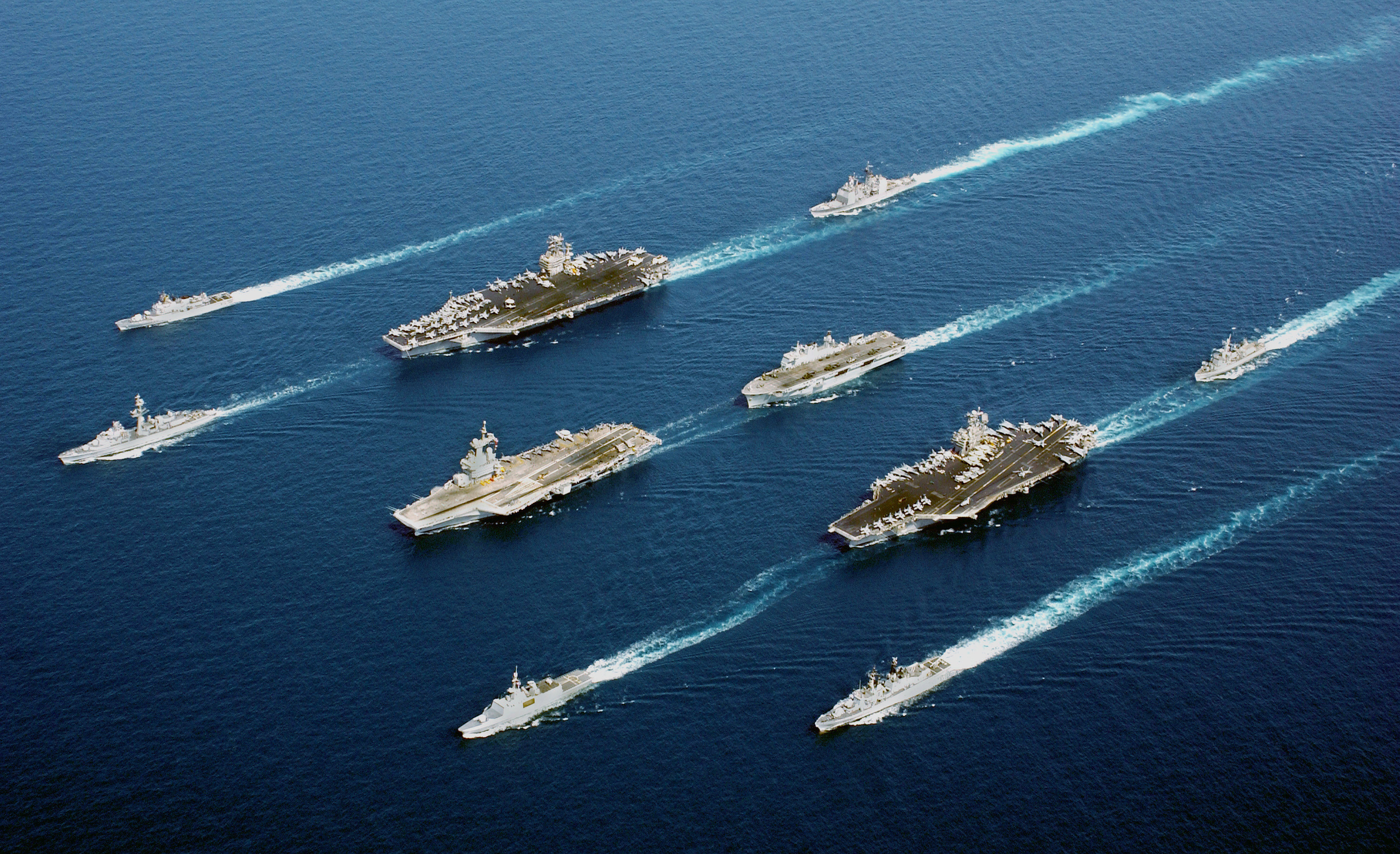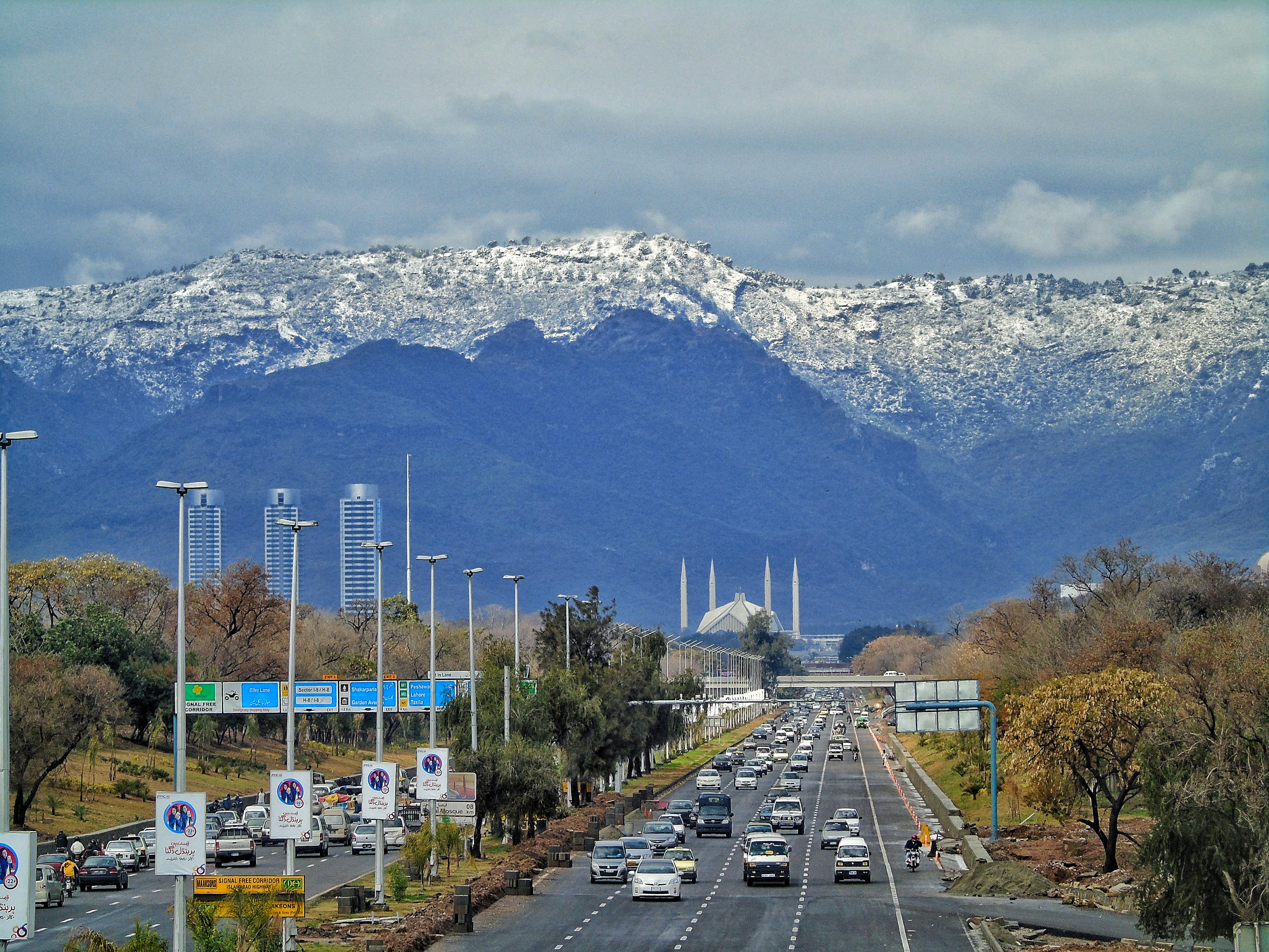|
January 2013 Pakistan Bombings
On 10 January 2013, several bombings took place in the southwestern Pakistani city of Quetta, the capital of Balochistan, killing a total of 130 people and injuring at least 270. The Quetta bombings led to protests by the city's Shia Muslim Hazara community; Prime Minister of Pakistan Raja Pervez Ashraf responded by dismissing the Chief Minister of Balochistan, Aslam Raisani, and replacing him with Zulfikar Ali Magsi. On the same day, a bomb exploded in Swat District, Khyber Pakhtunkhwa, killing 22 people and injuring 60 others. Background Since the government's seizure of Lal Masjid in the national capital of Islamabad, there has been a growing insurgency by the Islamist Pakistani Taliban and others, especially in the Federally Administered Tribal Areas, bordering and resultant from Operation Enduring Freedom in Afghanistan, and Khyber Pakhtunkhwa. Additionally, the insurgency in Balochistan, predominantly by the Balochistan Liberation Army, had been ongoing prior to this ... [...More Info...] [...Related Items...] OR: [Wikipedia] [Google] [Baidu] |
Insurgency In Balochistan
The Insurgency in Balochistan is an insurgency or revolt by Baloch nationalists against the governments of Pakistan and Iran in the Balochistan region, which covers the Balochistan Province in southwestern Pakistan, Sistan and Baluchestan Province in southeastern Iran, and the Balochistan region of southern Afghanistan. Rich in natural resources like natural gas, oil, coal, copper, sulphur, fluoride and gold, this is the largest and least developed province in Pakistan. Armed groups demand greater control of the province's natural resources and political autonomy. Baloch separatists have attacked civilians from other ethnicities throughout the province. In the 2010s, attacks against the Shia community by sectarian groups—though not always directly related to the political struggle—have risen, contributing to tensions in Balochistan. The origins of the insurgency in Balochistan, according to political scientist Salman Rafi Sheikh, are in the uncertainty regarding the Inst ... [...More Info...] [...Related Items...] OR: [Wikipedia] [Google] [Baidu] |
Explode
An explosion is a rapid expansion in volume associated with an extreme outward release of energy, usually with the generation of high temperatures and release of high-pressure gases. Supersonic explosions created by high explosives are known as detonations and travel through shock waves. Subsonic explosions are created by low explosives through a slower combustion process known as deflagration. Causes Explosions can occur in nature due to a large influx of energy. Most natural explosions arise from volcanic or stellar processes of various sorts. Explosive volcanic eruptions occur when magma rises from below, it has very dissolved gas in it. The reduction of pressure as the magma rises and causes the gas to bubble out of solution, resulting in a rapid increase in volume. Explosions also occur as a result of impact events and in phenomena such as hydrothermal explosions (also due to volcanic processes). Explosions can also occur outside of Earth in the universe in events ... [...More Info...] [...Related Items...] OR: [Wikipedia] [Google] [Baidu] |
Balochistan Liberation Army
The Balochistan Liberation Army ( bal, بلۏچستان آجوییء لشکر; abbreviated BLA), also known as the Baloch Liberation Army, is a Baloch ethnonationalist militant organization based in Afghanistan. The BLA's first recorded activity was during the summer of 2000, after it claimed credit for a series of bombing attacks on Pakistani authorities. The BLA is listed as a terrorist organization by Pakistan, the United Kingdom and the United States. Since 2004, the BLA has waged a violent armed struggle against Pakistan for what it claims as self-determination for the Baloch people and the separation of Balochistan from Pakistan. It has been involved in terror attacks against non-Baloch minorities in Balochistan. The BLA operates mainly in Balochistan, the largest province of Pakistan, where it carries out attacks against the Pakistan Armed Forces, civilians and foreign nationals. Although the BLA was officially founded in 2000, the media, and some analysts, speculate th ... [...More Info...] [...Related Items...] OR: [Wikipedia] [Google] [Baidu] |
Insurgency In Balochistan
The Insurgency in Balochistan is an insurgency or revolt by Baloch nationalists against the governments of Pakistan and Iran in the Balochistan region, which covers the Balochistan Province in southwestern Pakistan, Sistan and Baluchestan Province in southeastern Iran, and the Balochistan region of southern Afghanistan. Rich in natural resources like natural gas, oil, coal, copper, sulphur, fluoride and gold, this is the largest and least developed province in Pakistan. Armed groups demand greater control of the province's natural resources and political autonomy. Baloch separatists have attacked civilians from other ethnicities throughout the province. In the 2010s, attacks against the Shia community by sectarian groups—though not always directly related to the political struggle—have risen, contributing to tensions in Balochistan. The origins of the insurgency in Balochistan, according to political scientist Salman Rafi Sheikh, are in the uncertainty regarding the Inst ... [...More Info...] [...Related Items...] OR: [Wikipedia] [Google] [Baidu] |
Operation Enduring Freedom
Operation Enduring Freedom (OEF) was the official name used synonymously by the U.S. government for both the War in Afghanistan (2001–2014) and the larger-scale Global War on Terrorism. On 7 October 2001, in response to the September 11 attacks, President George W. Bush announced that airstrikes targeting Al-Qaeda and the Taliban had begun in Afghanistan. Operation Enduring Freedom primarily refers to the War in Afghanistan, but it was also affiliated with counterterrorism operations in other countries, such as OEF-Philippines and OEF-Trans Sahara. After 13 years, on 28 December 2014, President Barack Obama announced the end of Operation Enduring Freedom in Afghanistan. Subsequent operations in Afghanistan by the United States' military forces, both non-combat and combat, occurred under the name Operation Freedom's Sentinel. Subordinate operations Operation Enduring Freedom most commonly referred to the U.S.-led combat mission in Afghanistan. The codename was also used ... [...More Info...] [...Related Items...] OR: [Wikipedia] [Google] [Baidu] |
Federally Administered Tribal Areas
, conventional_long_name = Federally Administered Tribal Areas , nation = Pakistan , subdivision = Autonomous territory , image_flag = Flag of FATA.svg , image_coat = File:Coat of arms of FATA.svg , image_map = Federally Administered Tribal Areas in Pakistan (claims hatched).svg , image_map_caption = Former Location of the Federally Administered Tribal Areas , event_start = Established , year_start = 1947 , date_start = 14 August , year_end = 2018 , date_end = 31 May , event_end = Merged into Khyber Pakthunkhwa , s1 = Newly Merged Tribal Districts , stat_year1 = 2017 , stat_area1 = 27,220 , stat_pop1 = , today = Khyber Pakhtunkhwa, Pakistan , demonym = , area_km2 = , area_rank = , GDP_PPP ... [...More Info...] [...Related Items...] OR: [Wikipedia] [Google] [Baidu] |
Pakistani Taliban
The Pakistani Taliban (), formally called the Tehreek-e-Taliban-e-Pakistan (Urdu/ ps, , lit=Student Movement of Pakistan, TTP), is an umbrella organization of various Islamist armed militant groups operating along the Afghan–Pakistani border. Formed in 2007 by Baitullah Mehsud, its current leader is Noor Wali Mehsud, who has publicly pledged allegiance to the Afghan Taliban (Islamic Emirate of Afghanistan). The Pakistani Taliban share a common ideology with the Afghan Taliban and have assisted them in the 2001–2021 war, but the two groups have separate operation and command structures. Most Taliban groups in Pakistan coalesce under the TTP. Among the stated objectives of TTP is resistance against the Pakistani state. The TTP's aim is to overthrow the government of Pakistan by waging a terrorist campaign against the Pakistan armed forces and the state. The TTP depends on the tribal belt along the Afghanistan–Pakistan border, from which it draws its recruits. The TTP ... [...More Info...] [...Related Items...] OR: [Wikipedia] [Google] [Baidu] |
Insurgency
An insurgency is a violent, armed rebellion against authority waged by small, lightly armed bands who practice guerrilla warfare from primarily rural base areas. The key descriptive feature of insurgency is its asymmetric nature: small irregular forces face a large, well-equipped, regular military force state adversary. Due to this asymmetry, insurgents avoid large-scale direct battles, opting instead to blend in with the civilian population (mainly in the countryside) where they gradually expand territorial control and military forces. Insurgency frequently hinges on control of and collaboration with local populations. An insurgency can be fought via counter-insurgency warfare, as well as other political, economic and social actions of various kinds. Due to the blending of insurgents with the civilian population, insurgencies tend to involve considerable violence against civilians (by the state and the insurgents). State attempts to quell insurgencies frequently lead to the i ... [...More Info...] [...Related Items...] OR: [Wikipedia] [Google] [Baidu] |
Islamabad
Islamabad (; ur, , ) is the capital city of Pakistan. It is the country's ninth-most populous city, with a population of over 1.2 million people, and is federally administered by the Pakistani government as part of the Islamabad Capital Territory. Built as a planned city in the 1960s, it replaced Rawalpindi as Pakistan's national capital. The city is notable for its high standards of living, safety, cleanliness, and abundant greenery. Greek architect Constantinos Apostolou Doxiadis developed Islamabad's master plan, in which he divided it into eight zones; administrative, diplomatic enclave, residential areas, educational and industrial sectors, commercial areas, as well as rural and green areas administered by the Islamabad Metropolitan Corporation with support from the Capital Development Authority. Islamabad is known for the presence of several parks and forests, including the Margalla Hills National Park and the Shakarparian. It is home to several landmarks, includin ... [...More Info...] [...Related Items...] OR: [Wikipedia] [Google] [Baidu] |
Lal Masjid, Islamabad
The Lal Masjid ( ur, ; translated: Red Mosque) is a mosque located in Islamabad, the capital of Pakistan. It is near to Abpara Market, Islamabad. It was constructed in 1966 as one of the oldest mosques in the new capital. It was also the largest mosque in the city for twenty years, until the Faisal Mosque was built in 1986. The mosque later came to be known as the site of a siege which led to a military operation by the Pakistan Army against the leaders and students of the mosque, resulting in hundreds of deaths. History The Red Mosque located on Masjid (mosque) Road is one of the oldest mosques within the capital. Before the construction of Faisal Mosque, the Red Mosque was the largest in the capital. Located in a very central position, it lies in close proximity to the two busy commercial centres - the Aabpara Market in the east and the Melody Market in the north. It was built according to Capital Development Authority (CDA) records. Maulana Muhammad Abdullah Ghazi was ... [...More Info...] [...Related Items...] OR: [Wikipedia] [Google] [Baidu] |
Siege Of Lal Masjid
The siege of Lal Masjid ( ur, , code-named Operation Sunrise) was a confrontation in July 2007 between Islamist students & fundamentalist militants and the Government of Pakistan, led by President Pervez Musharraf and Prime Minister Shaukat Aziz. The focal points of the operation were the Lal Masjid ("Red Mosque") and the Jamia Hafsa madrasah complex in Islamabad, Pakistan. Since January 2006, Lal Masjid and the adjacent Jamia Hafsa madrasah had been operated by Islamic militants led by two brothers, Abdul Aziz and Abdul Rashid. This organisation advocated the imposition of Sharia (Islamic religious law) in Pakistan and openly called for the overthrow of the Pakistani government. Lal Masjid was in constant conflict with authorities in Islamabad for 18 months prior to the military operation. They engaged in violent demonstrations, destruction of property, kidnapping, arson, and armed clashes with the authorities. After a combination of events such as militants taking host ... [...More Info...] [...Related Items...] OR: [Wikipedia] [Google] [Baidu] |





